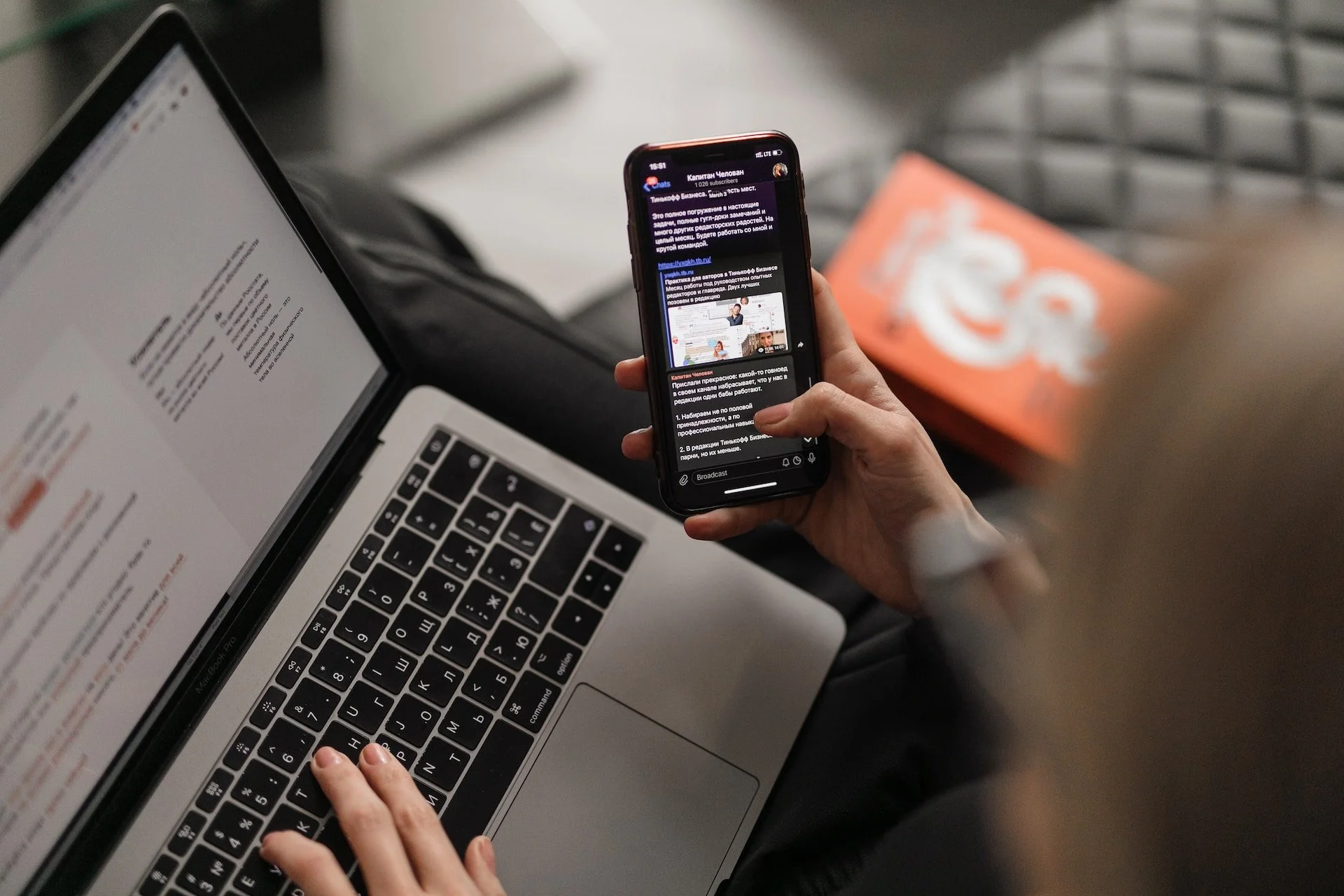Image by Maxim Ilyahov
There are many reasons why technology fails and one of them is cybersecurity threats. And it goes without saying that if our technology is not secured correctly, it could make us a target for viruses and cyberattacks. No instruction manual comes with a phone that teaches the mobile user security when using mobile devices. Threats also constantly change and adapt in response to our behaviors.
Below, we curated some tips to keep your mobile device safe and secure.
How Does Phone Security Work?
Phone or mobile device security is securing mobile devices against various cyber attack vectors that endanger users' privacy, network login credentials, finances, and safety. It comprises multiple technologies, restrictions, guidelines, and best practices. We are safeguarded from all forms of mobile security dangers by phone security.
Alternatively, this procedure could be defined as a group of strategies and equipment to safeguard mobile devices against security risks. Although the specifics of each company's requirements affect mobile security components, all mobile security solutions involve user authentication and network access control.
How to Secure Your Mobile Device: 8 Tips
Tip #1. Always Lock Your Phone
One possible risk is having your device stolen, which might allow the burglar full access to your personal data. Make sure your screen is locked to avoid this. You and the capabilities of your device will determine whether this is a passcode, pattern, fingerprint, or face recognition.
You can select how long the phone can remain idle before locking when a lock screen is enabled. Select the shortest duration possible. It will safeguard you by locking the screen automatically, even if you neglect it. Because the screen will turn off after the predetermined period, it will also conserve battery life.
Tip #2. Create Strong Passwords
Making your app passwords strong will make it more difficult for hackers to guess. Additionally, creating a different password for each app is recommended as part of an information security risk assessment. This way, the hacker won't be able to access your data even if just one password is known.
Personal and professional equipment are both at risk. Therefore this is not only a personal issue. According to the Verizon Mobile Security Index 2018 Report, just 39% of mobile device users in organizations update all default passwords, and only 38% employ reliable two-factor authentication on their mobile devices. Weak passwords can jeopardize the security of an entire organization.
Tip #3. Keep the Mobile Device OS Updated
Keep updating your mobile operating systems to enhance your experience, including everything from security to performance. It's crucial to keep up with these even if they frequently occur, and people tend to skip through quickly or ask the device to remind them later. These updates can shield iOS and Android devices against recently found risks.
Tip #4. Encrypt Your Data
There is a lot of data on your smartphone. Your emails, contacts, bank information, and more may all be at risk if it is lost or stolen. Ensure that the data on your mobile device is encrypted to keep it safe. Data that has been encrypted is kept in an unintelligible format for security reasons.
The good news is that phones nowadays allow you to enable encryption settings.
Tip #5. Install Anti-Virus Software
Anti-virus solutions for laptops and desktop computers are undoubtedly familiar to you, but they can also be helpful for mobile devices. These tools can protect you from malware and hacker threats. VPN functions are given as an added benefit.
Smartphones are miniaturized computers that fit in your pocket and can save sensitive data, and you can safeguard your device by installing anti-virus software.
Tip #6. Don’t Root or Jailbreak Your Phone
When you unlock your phone and remove the protection the manufacturers installed so you may access anything you want, this process is known as "jailbreaking" or "rooting." It may be alluring to jailbreak or root your phone to access app stores other than the official ones, but doing so puts you in great danger.
The programs on these questionable shops have not been reviewed and are, therefore, readily hackable, allowing them to steal your information.
Tip #7. Be Cautious When Downloading
Make sure to examine reviews and download programs from legitimate app stores when you do so. Cybercriminals produce rogue mobile apps that imitate well-known businesses to steal users' private data. Check the organization's contact details, the number of reviews, and the date of the most recent update to avoid falling into this trap.
Tip #8. Connect to a Secure Wi-Fi
The convenience of mobile technology is that it allows us to access the internet wherever we are. When we go to a restaurant or a friend's house, one of the first things we do is look for Wi-Fi. Free Wi-Fi can save us money on data, but we must be cautious of unprotected networks.
Ensure you join a virtual private network or VPN to keep safe while using public Wi-Fi. By switching your virtual network, you can hide your whereabouts and your data from snoopers. On the other hand, keep your Wi-Fi protected to stop unauthorized users from accessing your network.
Final Thoughts
It's time to take mobile security risks more seriously as hackers continue targeting these devices. Mobile devices are equally as vulnerable as PCs and other computer hardware, if not more so. Malware, social engineering, cyber-attacks, network attacks, and physical theft are some of the hazards they are subject to.
Be someone with a plan, whether in charge of an organization's security or you want to safeguard your personal technology. Start by providing security policy and awareness training, then go on to more technical risk-reduction measures.
Liked this article? It’s written by our guest author, Katie Pierce.


